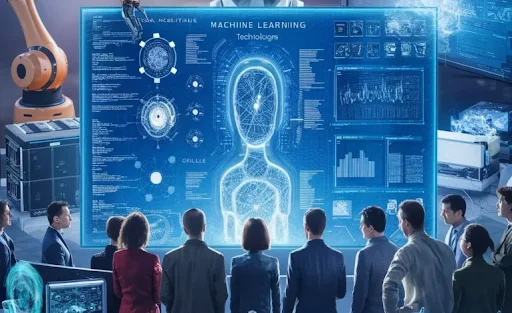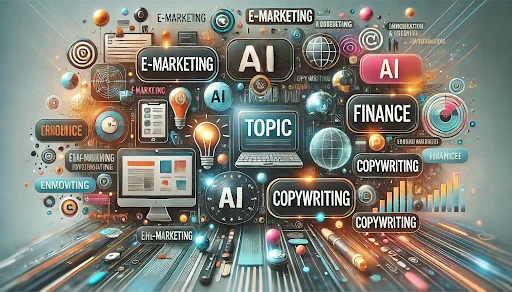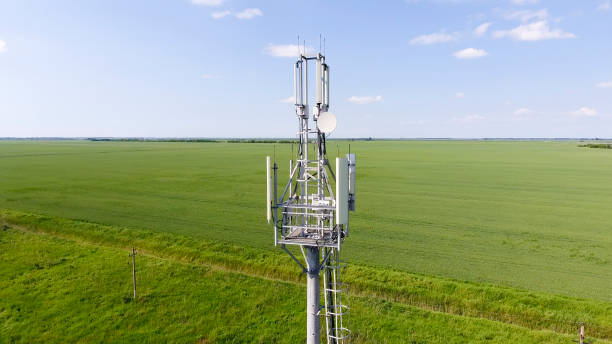Machine Learning: Exploring the Technologies, Benefits, and Key Applications

Machine Learning (ML) has emerged as one of the most transformative technologies in recent years. From enabling personalized product recommendations on e-commerce platforms to advancing medical diagnostics, ML is shaping how businesses operate and how we live. But what exactly is machine learning, and why is it so impactful? In this guide, we’ll explore the technologies behind it, the benefits it offers, and the key applications where it’s making waves.
What is Machine Learning?
Machine learning is a subset of artificial intelligence (AI) that allows computers to learn and make decisions based on data, without being explicitly programmed to perform certain tasks. Through algorithms, ML systems analyze vast amounts of data, identifying patterns and making predictions. As more data becomes available, these systems become more accurate, learning to make better decisions over time.
If you’re interested in diving deeper into AI technologies, you can Learn Gen AI easily and expand your knowledge.
How Does Machine Learning Work?
At its core, machine learning relies on three key components:
- Data: The foundation of any ML model. The more data a system has, the better it can learn and make accurate predictions.
- Algorithms: These are the rules that allow the system to learn from the data. Different algorithms are suited to different types of problems.
- Computational Power: Processing large datasets and running complex algorithms require significant computational resources, which is why advancements in hardware, like GPUs and cloud computing, have accelerated ML’s growth.
The Benefits of Machine Learning
The advantages of machine learning go beyond automation; it’s revolutionizing industries in ways that were unimaginable a decade ago. Here are some key benefits:
1. Improved Efficiency and Productivity
ML systems can process vast amounts of data at speeds far exceeding human capabilities. This can significantly enhance business operations, reducing the time needed for tasks such as data analysis, fraud detection, and supply chain management. Businesses that adopt ML can see a boost in productivity as repetitive tasks are automated, allowing employees to focus on more strategic work.
2. Enhanced Decision-Making
Machine learning allows for data-driven decisions, which are typically more accurate than human judgment alone. In industries like finance, healthcare, and manufacturing, where decisions can have major consequences, ML can provide insights and predictions that lead to better outcomes.
3. Personalization
Whether it’s customizing product recommendations, delivering targeted ads, or improving user experience, ML excels at personalization. Companies like Netflix and Amazon use ML algorithms to analyze user behavior, offering recommendations tailored to individual preferences. This not only improves customer satisfaction but also drives higher engagement and sales.
4. Predictive Analytics
Machine learning is often used for forecasting future trends based on historical data. Businesses leverage predictive analytics to anticipate customer demand, manage inventory, and even predict machine breakdowns before they happen. This allows companies to be proactive, reducing costs and minimizing downtime.
5. Cost Savings
By automating tasks and improving efficiency, machine learning can help businesses save money in the long run. For example, in logistics, ML is used to optimize delivery routes, saving fuel and time. In healthcare, it’s used to assist in diagnostics, reducing the need for unnecessary tests and procedures.
Key Applications of Machine Learning
The versatility of machine learning means it can be applied across a variety of industries. Here are some of the most notable applications:
1. Healthcare
Machine learning is revolutionizing the healthcare industry by improving diagnostics, treatment plans, and patient care. Algorithms can analyze medical records and imaging data to detect diseases such as cancer or heart conditions more accurately and earlier than traditional methods. ML is also being used to predict patient outcomes, streamline hospital operations, and even develop new drugs.
2. Finance
In the financial sector, machine learning is used to detect fraudulent activities by analyzing transaction patterns in real time. It’s also applied in algorithmic trading, where ML systems can make split-second trading decisions that maximize profit. Additionally, ML helps in credit scoring, assessing the creditworthiness of individuals based on data beyond just credit history.
3. Retail and E-commerce
Machine learning enhances customer experiences by powering recommendation engines, predicting customer preferences, and optimizing inventory management. Retailers use ML to identify purchasing patterns, personalize marketing strategies, and prevent stockouts, all of which contribute to increased customer satisfaction and sales growth.
4. Autonomous Vehicles
One of the most exciting applications of machine learning is in the development of autonomous vehicles. Self-driving cars rely on ML algorithms to process sensor data, identify objects on the road, and make real-time driving decisions. Companies like Tesla, Waymo, and Uber are investing heavily in this technology, with the potential to revolutionize transportation.
5. Natural Language Processing (NLP)
NLP is a branch of ML that focuses on the interaction between computers and humans using natural language. Applications of NLP include virtual assistants like Siri or Alexa, chatbots, and language translation services. By understanding and processing human language, ML systems are becoming increasingly proficient at tasks like customer support, sentiment analysis, and even content generation.
Conclusion
Machine learning is a groundbreaking technology that is reshaping industries and opening up new possibilities. By leveraging vast amounts of data and sophisticated algorithms, ML can unlock efficiencies, improve decision-making, and drive innovation. Whether it’s revolutionizing healthcare, transforming retail, or enabling autonomous driving, the applications of machine learning are vast and varied. As the technology continues to evolve, its benefits will only grow, providing endless opportunities for businesses and individuals alike.









